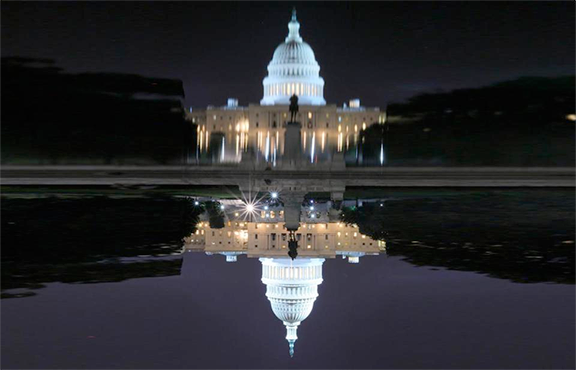

| Online: | |
| Visits: | |
| Stories: |

| Story Views | |
| Now: | |
| Last Hour: | |
| Last 24 Hours: | |
| Total: | |
The Boston Globe :Vote all you want. The secret government won’t change.
Musings On The Finite Statist Machine
 |
| istock/photo illustration by lesley becker/globe staff |
This is not new “news” for most readers of this blog, but quite interesting to see it on the Boston Globe! Such are the energies in this moment, its all coming out full blast.
Much of this “secret government” is via the military/corporate/banking/entertainment complex of companies which are pan-national in scope, and some of it had ET involvement until recently. And of course the usual banking culprits who always end up financing this stuff and paying the bribes in offshore accounts.
There was a missile fire off shore Los Angeles a few weeks back, a Titan II, which was destroyed in flight by the SA using a plasma encapsulation technology. There was an exact same missile fired shortly thereafter out of Russia (also of Lockheed Martin design – which raises all kinds of questions about Russia) which was destroyed in flight, but this time not by the SA, Apparently by the Russians who got their hands on ET plasma weapons and were using a Lockheed Martin Titan as a test target.
That led to the discovery of a covert leased Lockheed-Martin underground base in Siberia that was formerly thought to be a derelict WWII base. A sister base between Iceland and Greenland was also discovered. Those and other Putin “toys” were confiscated by the SA shortly after that event.
We know from Pleiadian and Andromedan Sphere Alliance data that the Secret Space Program is essentially Boeing, Lockheed/Martin, the defanged and eviscerated Texas Camp (Bush and cronies on Mars) and the Chinese Dragons. Companies once considered stalwart American defense companies have apparently had side deals with various parties for sometime, belying the farce that has been such world drama events (the killing however was quite real) as to the Ukraine and Syria. So use higher discretion when reading promises from the SSP. This piece in the Boston Globe is encouraging to see. Things are changing a bit faster than the glacier speed of the last 60 years.
-American Kabuki
https://www.bostonglobe.com/ideas/2014/10/18/vote-all-you-want-the-secret-government-won-change/jVSkXrENQlu8vNcBfMn9sL/story.html
Vote all you want. The secret government won’t change.
The people we elect aren’t the ones calling the shots, says Tufts University’s Michael Glennon
istock/photo illustration by lesley becker/globe staff
By Jordan Michael Smith October 19, 2014
The voters who put Barack Obama in office expected some big changes. From the NSA’s warrantless wiretapping to Guantanamo Bay to the Patriot Act, candidate Obama was a defender of civil liberties and privacy, promising a dramatically different approach from his predecessor.
But six years into his administration, the Obama version of national security looks almost indistinguishable from the one he inherited. Guantanamo Bay remains open. The NSA has, if anything, become more aggressive in monitoring Americans. Drone strikes have escalated. Most recently it was reported that the same president who won a Nobel Prize in part for promoting nuclear disarmament is spending up to $1 trillion modernizing and revitalizing America’s nuclear weapons.
Why did the face in the Oval Office change but the policies remain the same? Critics tend to focus on Obama himself, a leader who perhaps has shifted with politics to take a harder line. But Tufts University political scientist Michael J. Glennon has a more pessimistic answer: Obama couldn’t have changed policies much even if he tried.
Though it’s a bedrock American principle that citizens can steer their own government by electing new officials, Glennon suggests that in practice, much of our government no longer works that way. In a new book, “National Security and Double Government,” he catalogs the ways that the defense and national security apparatus is effectively self-governing, with virtually no accountability, transparency, or checks and balances of any kind. He uses the term “double government”: There’s the one we elect, and then there’s the one behind it, steering huge swaths of policy almost unchecked. Elected officials end up serving as mere cover for the real decisions made by the bureaucracy.
Glennon cites the example of Obama and his team being shocked and angry to discover upon taking office that the military gave them only two options for the war in Afghanistan: The United States could add more troops, or the United States could add a lot more troops. Hemmed in, Obama added 30,000 more troops.
Source: http://americankabuki.blogspot.com/2016/01/the-boston-globe-vote-all-you-want.html


